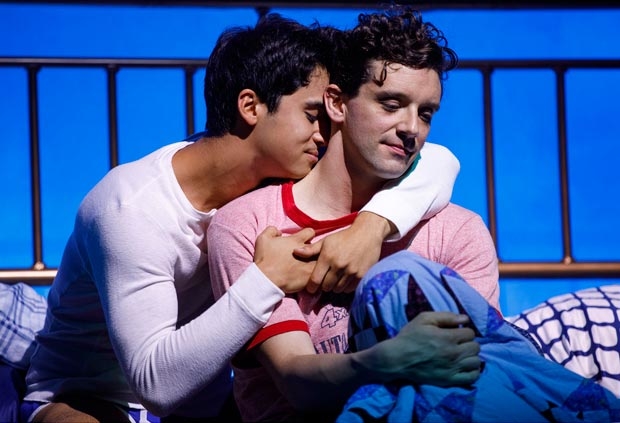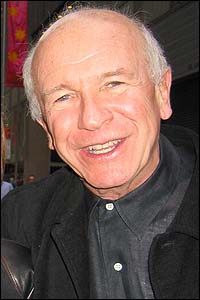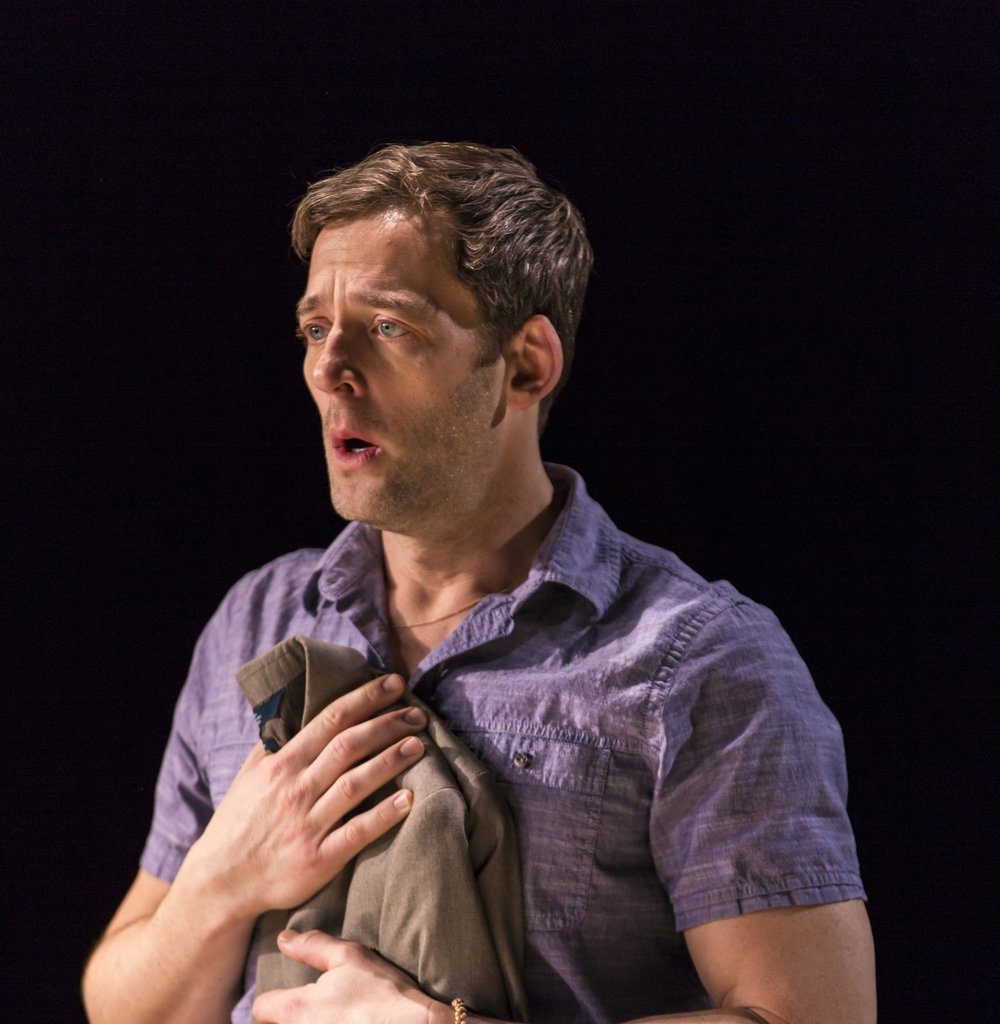 Torch Song
Torch Song
by Harvey Fierstein
Produced by 2nd Stage Theatre
IT IS THE SEASON of gay revivals on Broadway and Off, and the latest is Harvey Fierstein’s Torch Song, formerly known as Torch Song Trilogy. The original four-hour production of 1982 has been trimmed into a two-act version under three hours, including intermission. Yet the play still covers the same ground: the travails of Arnold Beckoff, a flamboyantly self-dramatizing and wisecracking drag queen seeking true love.
He finds it, improbably enough, with a straight-acting gay man at a raunchy bar with a backroom, the International Stud. The only trouble is, Ed, Arnold’s dream man, is engaged to be married to a woman who apparently doesn’t know about Ed’s extracurricular activities. Shift to 1974: Ed and Laurel are married, and their weekend visitors are Arnold and his more reliably full-time gay partner, a younger but world-weary “model” and former hustler, Alan. What could possibly go wrong? Nothing, except that in the interval of a few years, Laurel, a sunny girl-next-door type, has come to realize that Ed is not exactly a straight shooter, and she has once again picked a bisexual to love after having broken with a former lover of divided tastes. As for Ed, still fearful of gay commitment, he does have an eye for the eye candy that is the young Alan, while Arnold sees any reunion with Ed as a hopeless drift into past nostalgia. He’d rather stick it to Laurel by sharing some hard truths with her.

All this, and we haven’t even gotten to the heart of the comedy-drama. It is not that the first act is pure plot exposition. Rather, it is character exposition, with Arnold the sun around which others orbit. The current Arnold, played by a trimmer-than-Harvey-Fierstein, elfin-eyed Michael Urie, seduces the audience not with his gravelly delivery but with a rubbery expanse of physical gesture and the nasal whine of pre-Funny Girl Streisand. As he says after he has squeezed into his tight shimmering nightclubby gown and bouffant wig: “A drag queen’s like an oil painting—you gotta stand back from it to get the full effect.”
Urie’s droll and sometimes wicked delivery comes fast and furious in that opening scene. It is almost exhausting to keep up with him. His physical bravado is given full flower in the scene at the International Stud, where a more fearful Arnold, now in civilian clothes, dares himself onto the foreign turf of the International Stud’s backroom, where he allows himself to be taken from behind. This is a brilliant moment of slapstick sex as Urie mimes the encounter like a ragdoll being shaken and stirred by a G.I. Joe action figure.
In the second act following intermission, during which we bought our candy and relieved our bladders, the action has advanced to 1980. Now the character balance has shifted yet again. Ed has separated from Laurel and is rooming with Arnold in a tight apartment that also houses David, a teenager being foster-parented by Arnold, who hopes to eventually adopt his ward. Meanwhile, the adorable Alan, we learn, has died of urban homophobic violence. Enter Arnold’s widowed mother—a Jewish Mama Rose visiting from Miami in the person of Mercedes Ruehl, who can match Urie eye-roll for eye-roll, world-weariness being in her DNA.
Now we see Arnold as the child of a tough woman who can also wisecrack with the best of them, although “Ma” is the kind of commanding presence who, while loving, engages in mother-son skirmishes armed to the teeth. Mercedes Ruehl is an actress who can express a history of anger, disappointment, or wisdom in a simple shrug, in a line underplayed yet impressed with feeling. Ma might be a stereotype of the meddling Jewish mother, but she is a woman sure that she has justice on her side. She may love Arnold, but her witty effeminate fagella of a son is a constant reproach to her highest hopes. However, his own maternal instincts, passed down from Ma’s, have driven him into his present parental surrogacy; this eludes Ma’s understanding. She at first misreads the situation, assuming David to be an inappropriate partner to replace Ed, whose presence in the household only adds to her confusion. David, age fifteen, is one of those stage adolescents who is witty and sexually precocious, if not wise beyond his years. And so the drama unfolds. Torch Song starts as La Cage Aux Folles and ends as something closer to Long Day’s Journey into Night.
Allen Ellenzweig is a frequent contributor to The Gay & Lesbian Review.





